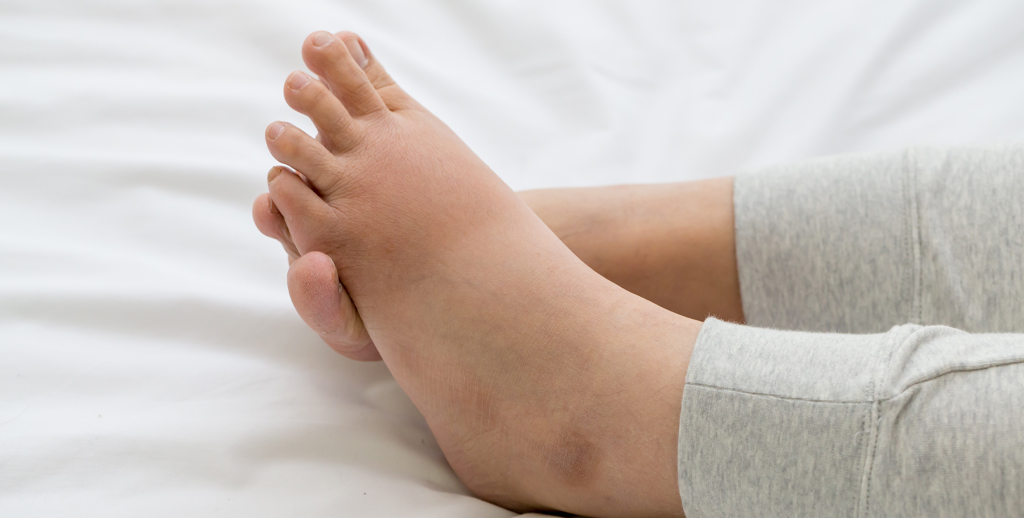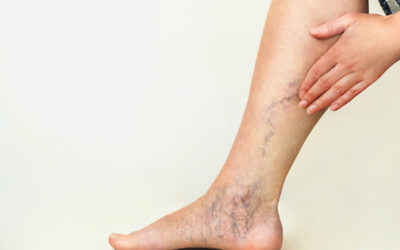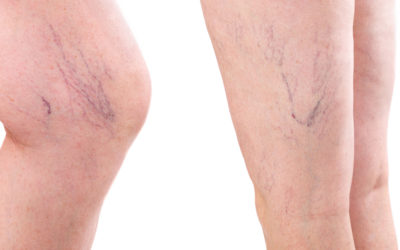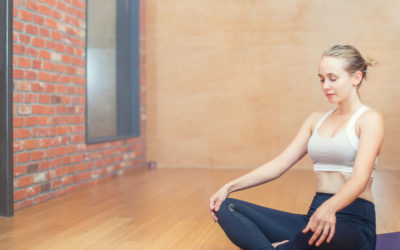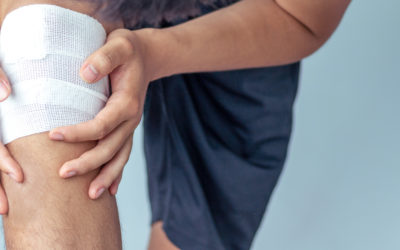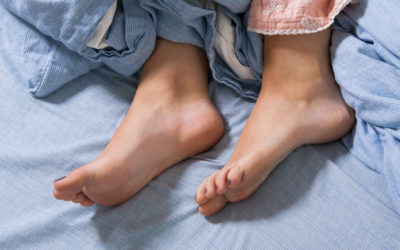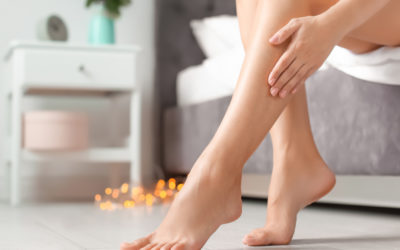There are several things that can cause edemata such as medications, infections, pregnancy, and more. Edema can happen just about anywhere in the body and is caused by the blood vessels leaking fluid. It can be signs that there is an underlying problem in your circulatory system, kidneys, or lymph nodes. Edema happens quite often in pregnant women and should be monitored by your doctor.
There are several types of edema as well. These types are:
- Peripheral edema
- Pedal edema
- Lymphedema
- Pulmonary edema
- Cerebral Edema
- Macular Edema
If you have fluid build-up in your legs, ankles, and feet, this is usually called Peripheral edema. This is a good sign that you might have a problem with your kidneys, circulatory system, or lymph nodes. Pedal edema occurs mostly in your feet. This is very common as we age or in pregnant women.
Reasons for Edema.
Damage to your lymph nodes could cause swelling in your arms and legs. Lymph nodes are used to filter out waste and germs in your body. Cancer could be another reason your lymph nodes are not working properly. If you see fluid building up in your arms and legs, you should see a doctor to ensure there aren’t other problems you need to address.
A dangerous one is a pulmonary edema. This is where your lungs fill with fluid and it becomes hard to breathe. This will get worse as you lay down and will make you feel suffocated, have an increased heart rate or cough with mucus. If you have these signs, call 911 right away.
Another very serious edema is cerebral edema, which is fluid building up on the brain. This typically happens when you have an allergic reaction to something, your blood vessel gets blocked or you have a tumor of some kind.
If you have eye site problems, then you might have macular edema, which is where fluid builds up on the eye. This is typically caused by blocked blood vessels.
There are several causes for various edema such as:
- Allergic Reactions
- Low albumin
- Critical Illness
- Obstruction of flow
- Congestive heart failure
- Head trauma
- Liver disease
- Kidney disease
- Pregnancy
- Medications
Some medications can cause this unwanted fluid build-up such as Pramipexole, Calcium channel blockers, NSAIDs, Proglitzaone, Pramipexole and Rosiglitazone. While there are many other reasons for your fluid build-up and if you are experiencing it, you should see a doctor.
Eating too much salt can cause temporary edema to affect your entire body. Most of us have experienced this “bloat” like feeling a time or two. That gives you an idea of what fluid build-up feels like and means. You might be more “puffy” than normal. Maybe it is hard to make a fist. All of these are reasons to see your doctor about edema.
Insect bites are another way to get edema. While some edema is normal to have, you shouldn’t see it on a daily basis. Bee stings will cause one to have an entire limb swell up for example. However, if it goes beyond that, you might want to contact a doctor. Food allergies are another common reason for edema issues. If you have fluid build-up without a real reason, you should contact your doctor.

